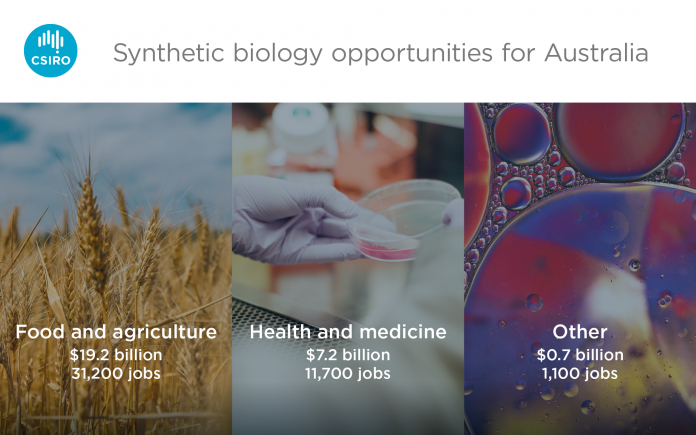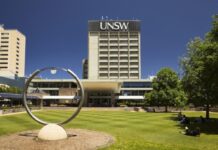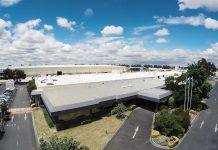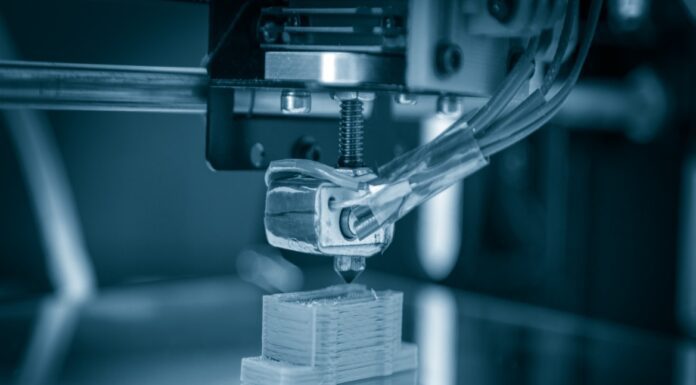
A new report released by Australia’s national science agency, CSIRO, says that Australia could develop an industry worth up to $27 billion a year and create 44,000 jobs by 2040 by building its synthetic biology ecosystem.
Synthetic biology is a transformative and interdisciplinary field of science that applies engineering workflows and sophisticated genetic technologies to rapidly design and build novel biological solutions.
The new report, A National Synthetic Biology Roadmap: Identifying commercial and economic opportunities for Australia, identifies the food and agriculture (up to $19 billion) and health and medicine sectors (up to $7 billion) as two biggest areas to benefit from synthetic biology.
“Under a high growth, high market share scenario, synthetic biology could unlock up to $27 billion in annual revenue and 44,000 new jobs for Australia by 2040,” reads the report.
“The largest emerging markets for synthetic biology applications are expected to be food and agriculture, followed by health and medicine industries.”
The Roadmap was developed with input from 140 stakeholders from over 60 organisations to identify priority actions that can help set the foundations for a valuable and impactful synthetic biology ecosystem.
These actions include supporting research translation and seeding new businesses through targeted investments and bioincubator programs; developing shared infrastructure to enable development and demonstration of synthetic biology applications; and attracting international businesses and talent to build critical mass and enhance international collaboration.
Professor Claudia Vickers, Synthetic Biology Director at CSIRO said developing synthetic biology research capabilities with sustained investment could deliver increased impact and economic benefit.
“Synthetic biology can help overcome a range of global challenges, particularly in agriculture and health. It can also enable Australia to transform its economy by creating new, more sustainable industries and generating jobs,” Professor Vickers said.
“Bringing technology, the research community and other stakeholders together to enable start-ups, private investment and growth of market share will be essential to achieve the vision outlined in the Roadmap.”
Greg Williams, Associate Director CSIRO Futures and lead author of the report, said Australia ‘needs to act quickly to secure a key role in this emerging global capability’.
“Australia must act now if it is to capitalise on its early research investments and enable the long-term success of this emerging ecosystem,” Mr Williams said.
“To do that, Australia would need to place a greater focus on the translation and scale-up of synthetic biology into commercial opportunities for global markets.”




















